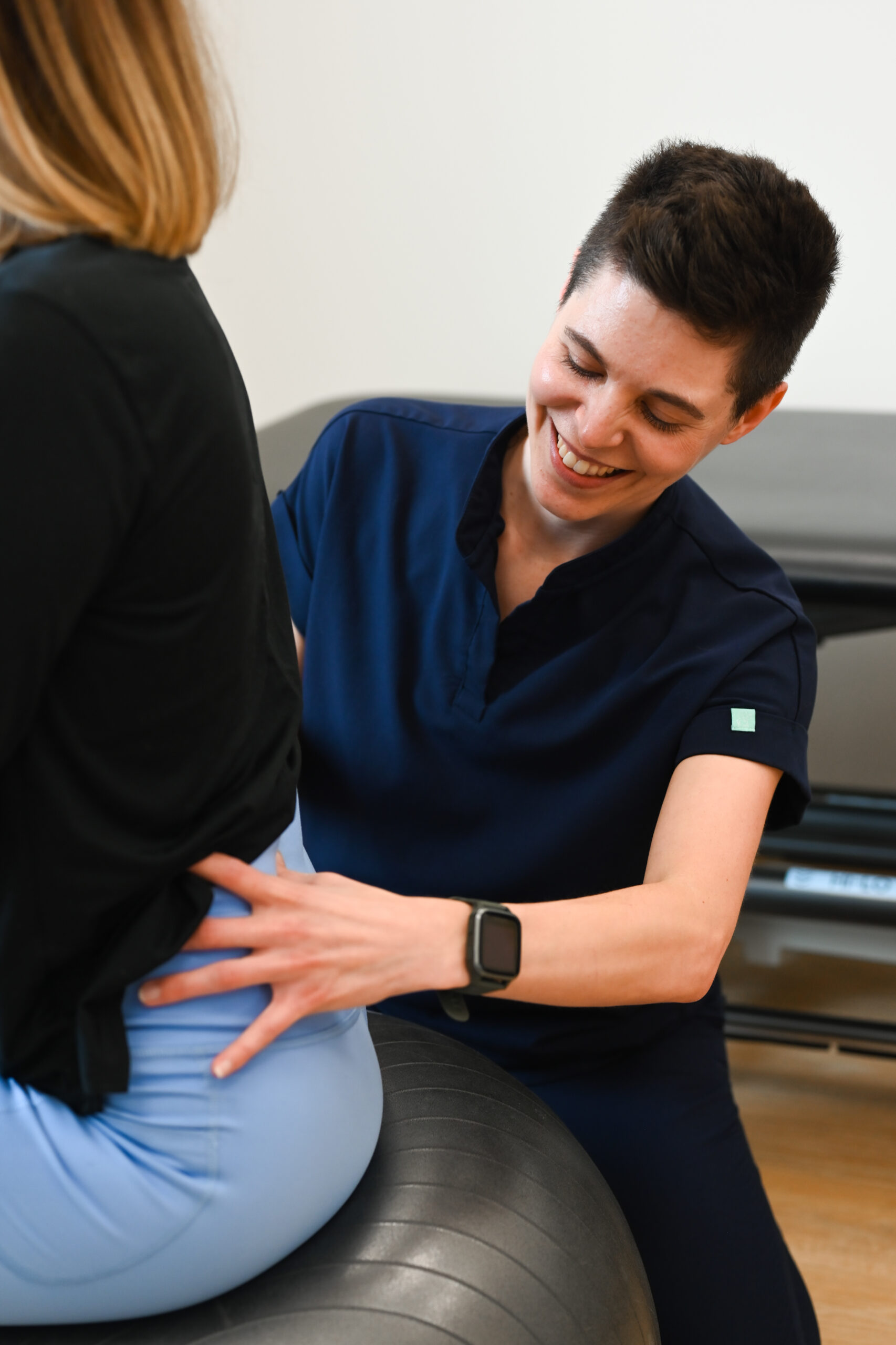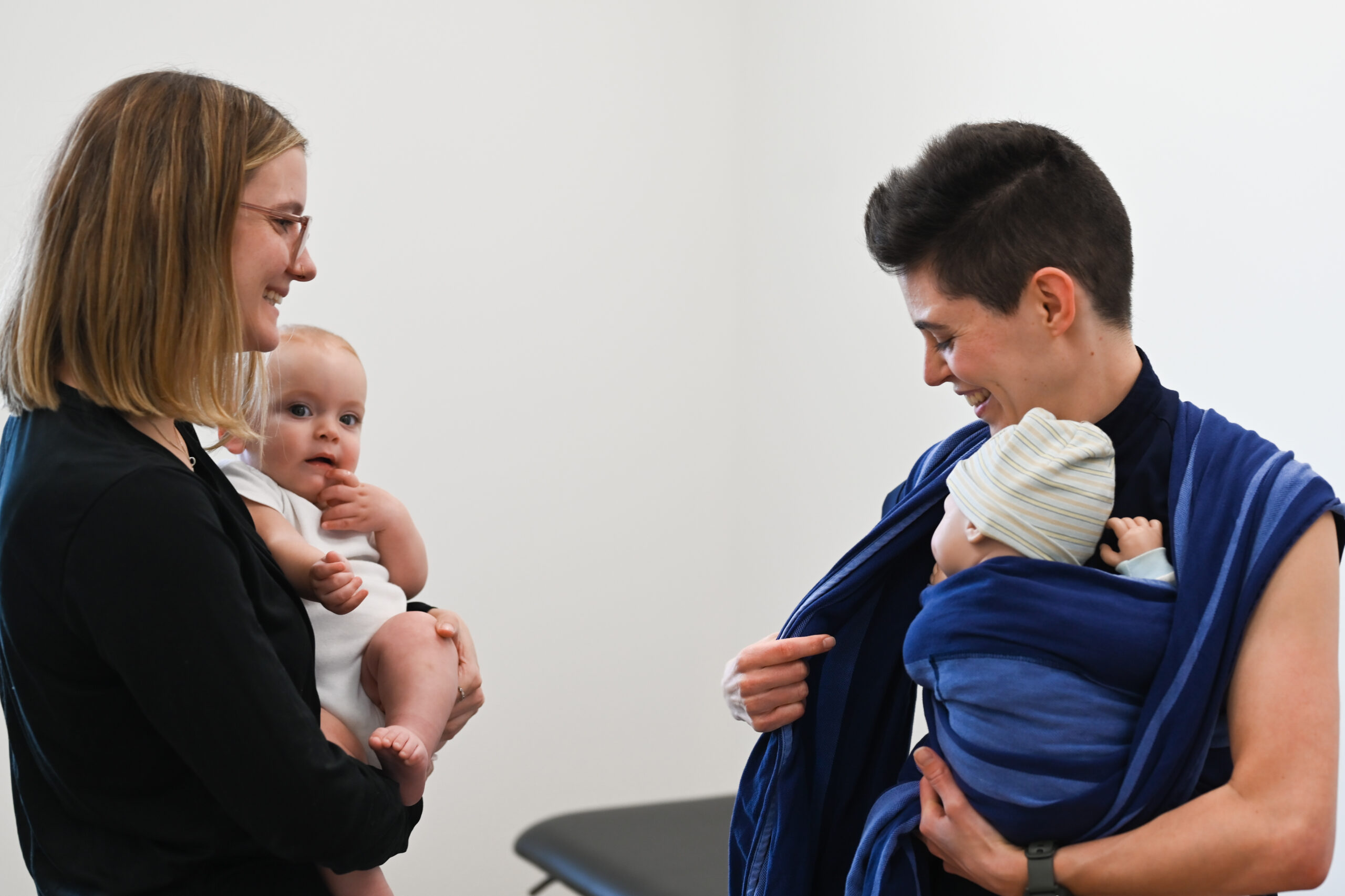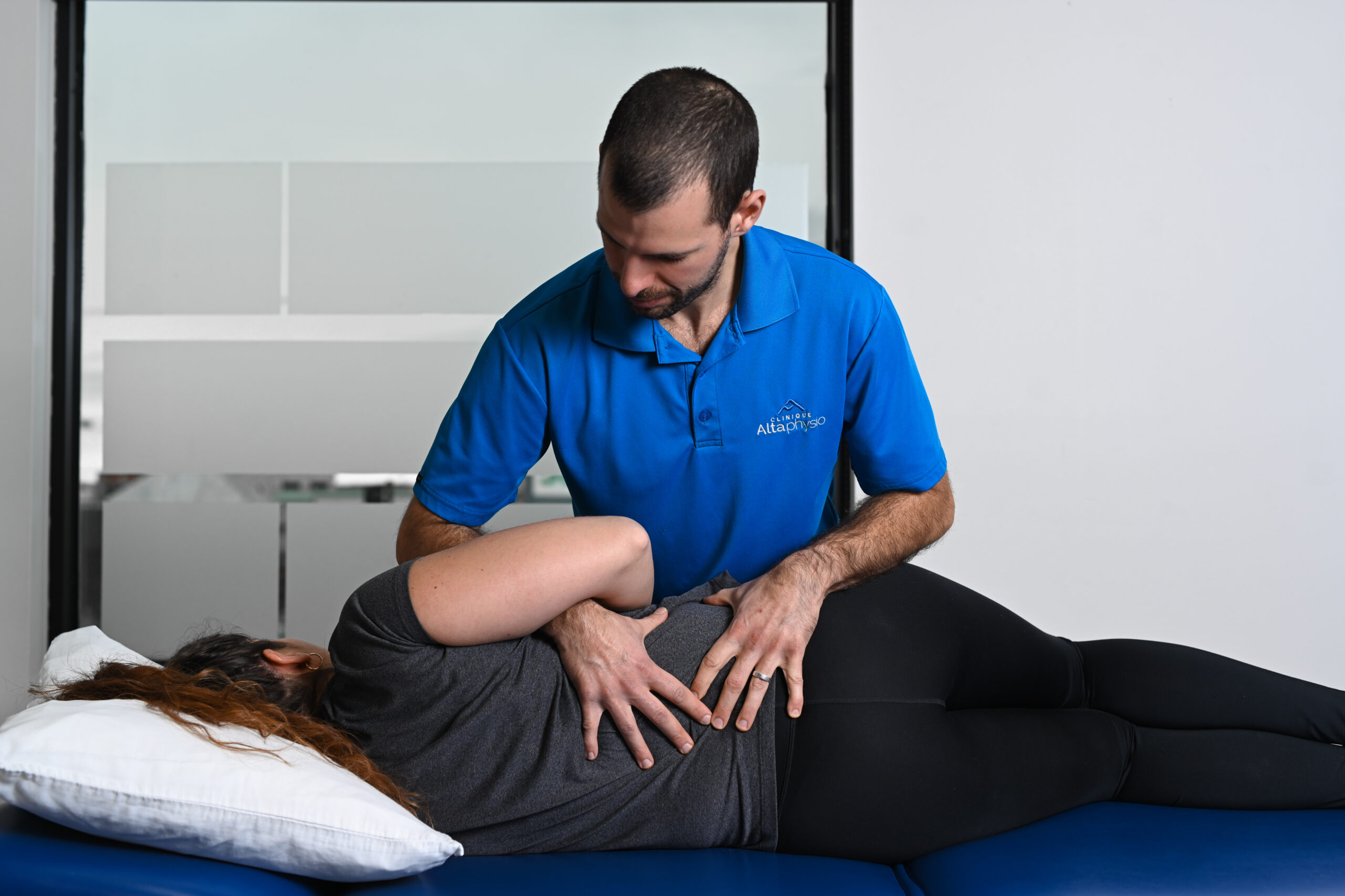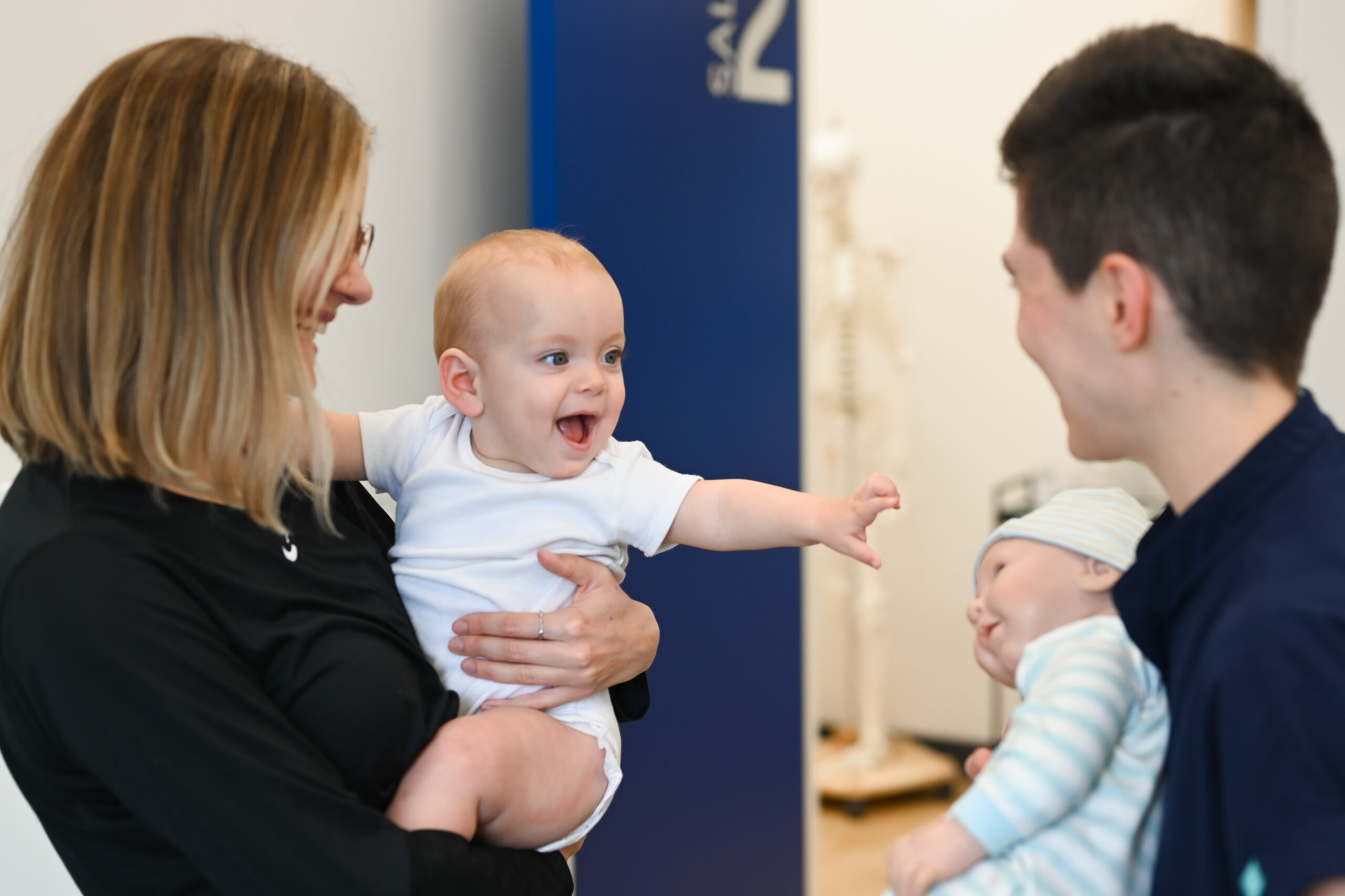
Perineal and Pelvic Rehabilitation
Perineal and pelvic rehabilitation is the field of physiotherapy expertise that evaluates and treats problems related to the perineum and pelvic cavity, including the genital organs, pelvic floor muscles, anorectal region and coccyx.
This discipline is often associated with women's health, but can also help a number of male problems. Given the nature of the problems, the assessment and treatment of
pathologies often include palpation of the intra-vaginal and/or intra-anal
intra-vaginal and/or intra-anal musculature.
According to current scientific research and medical specialists, perineal rehabilitation is the first-line treatment that should be recommended for stress urinary leakage.
In addition to treating pelvic and perineal pathologies, perineal reeducation also has the mission of preventing some of these pathologies, such as stress urinary incontinence, by strengthening the pelvic floor musculature before/after/during pregnancy.




